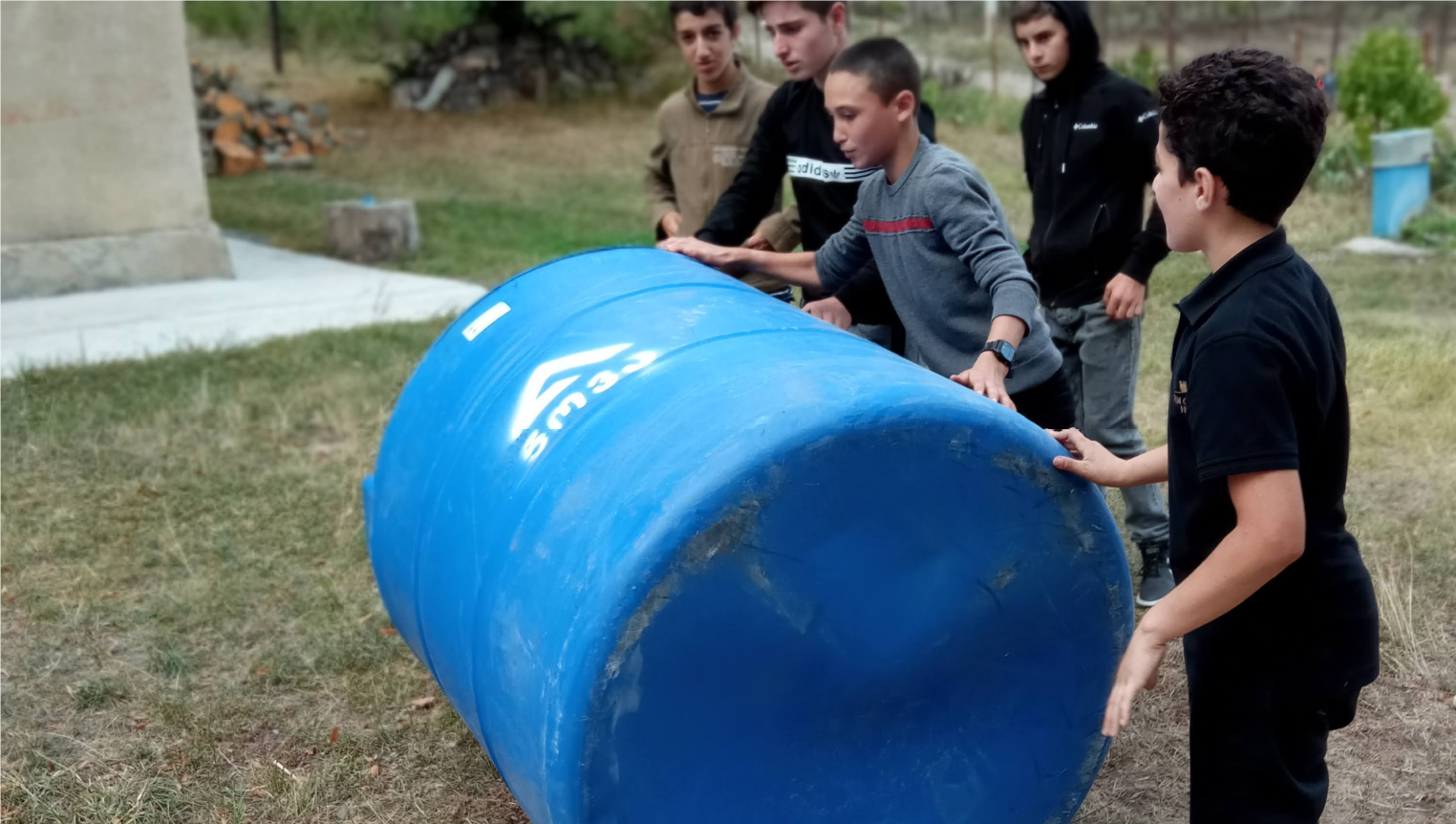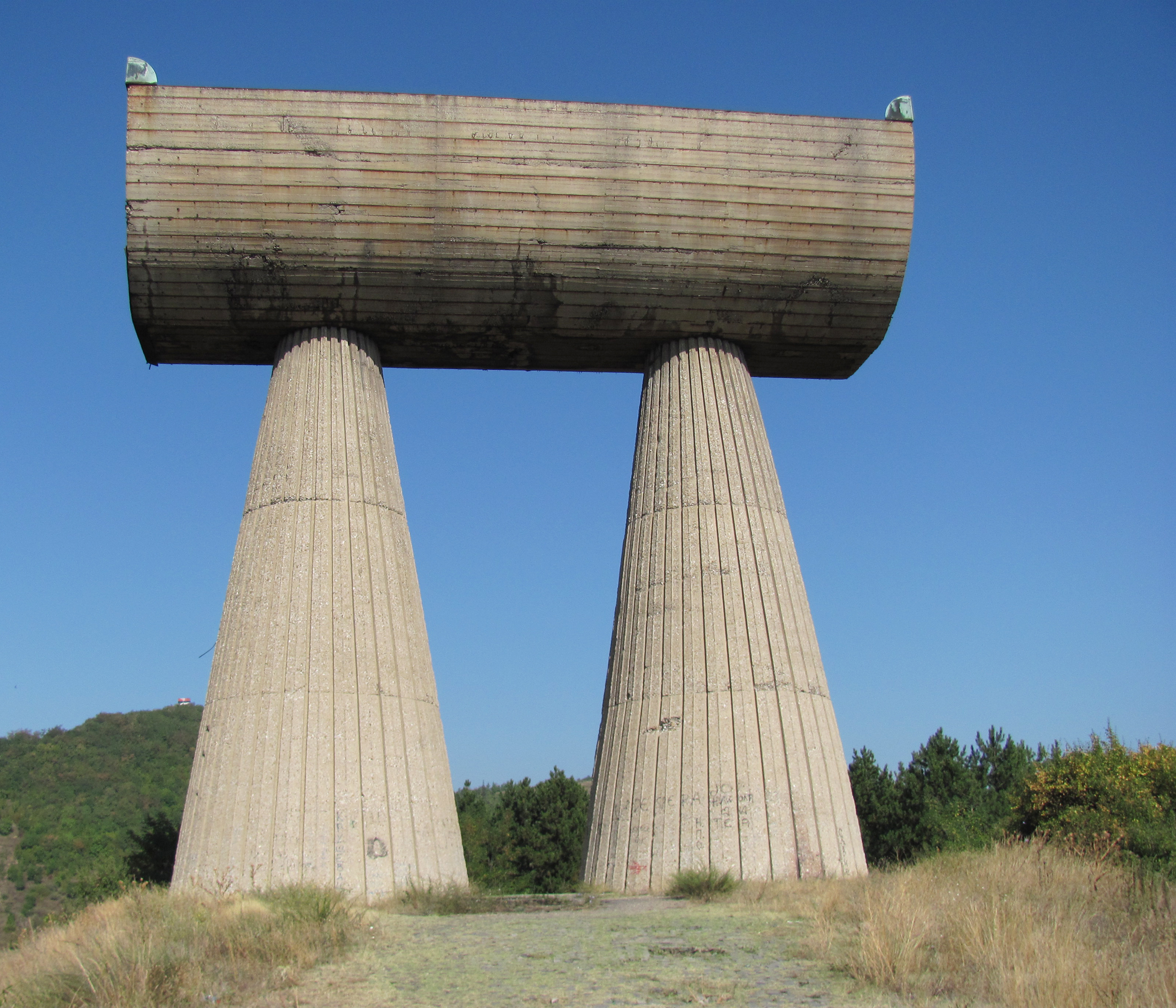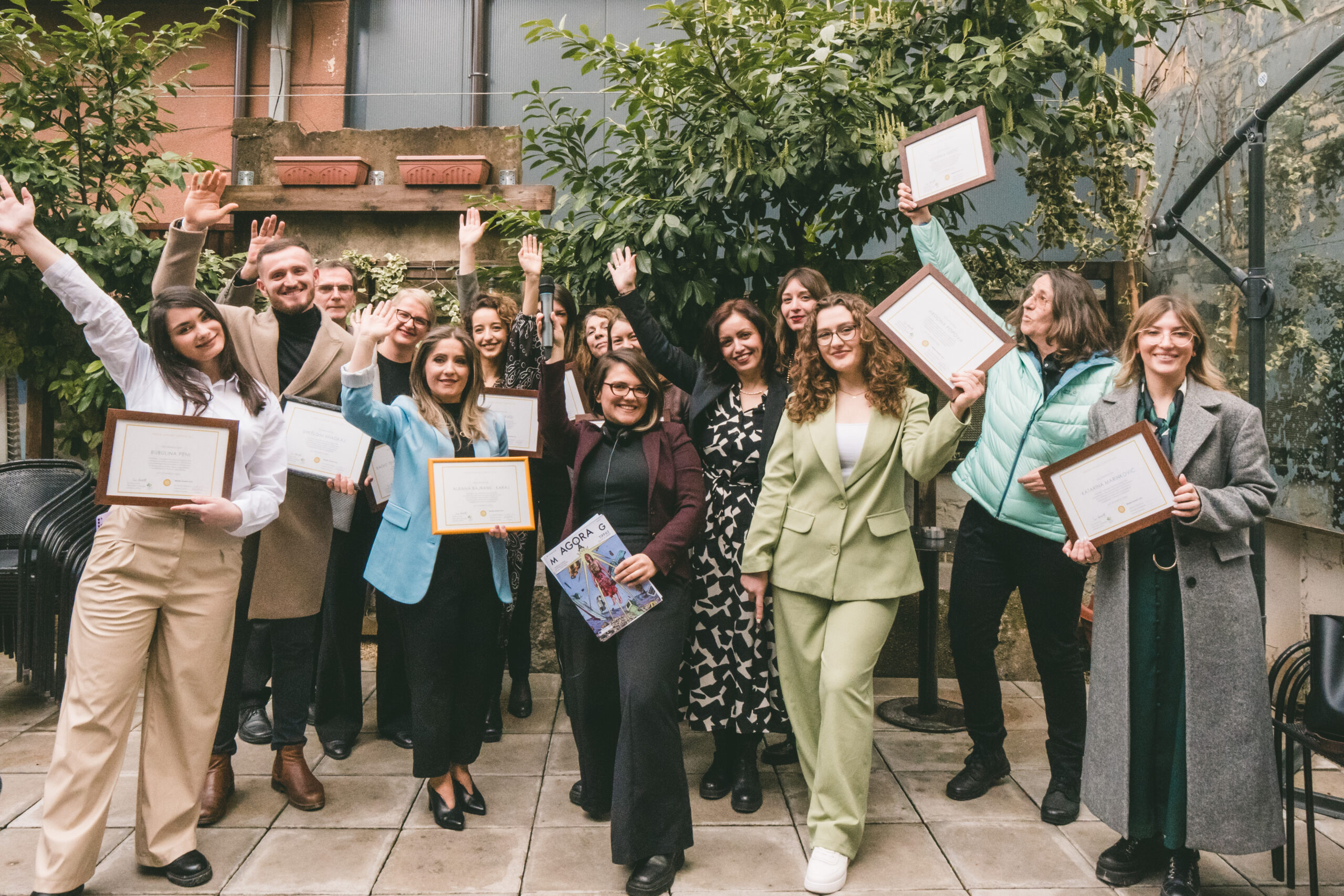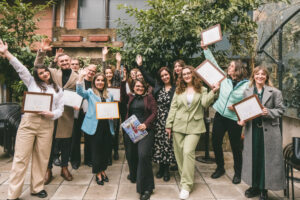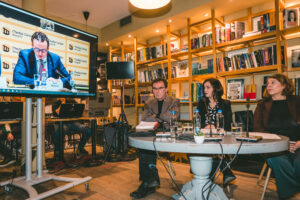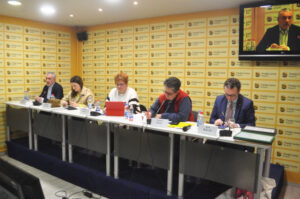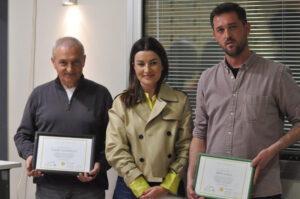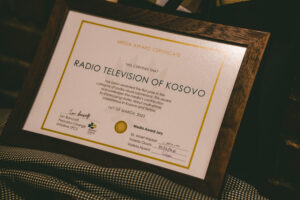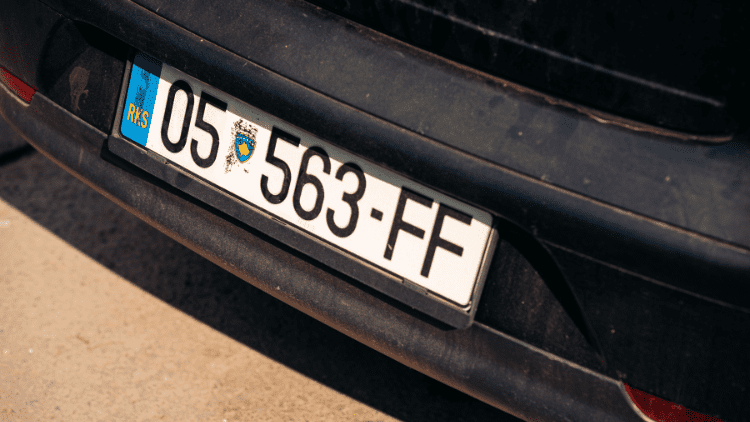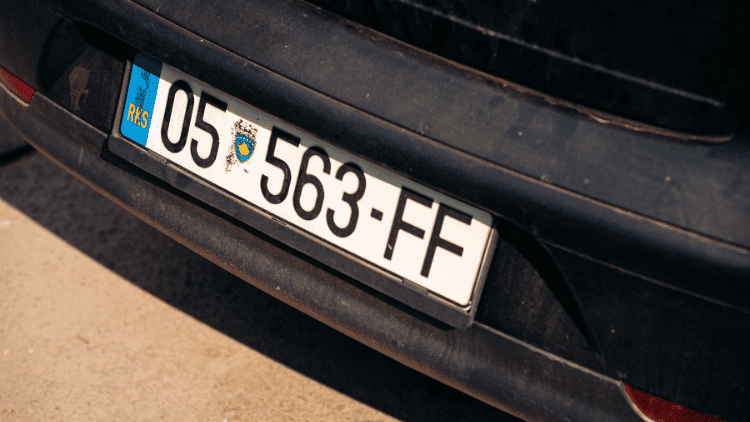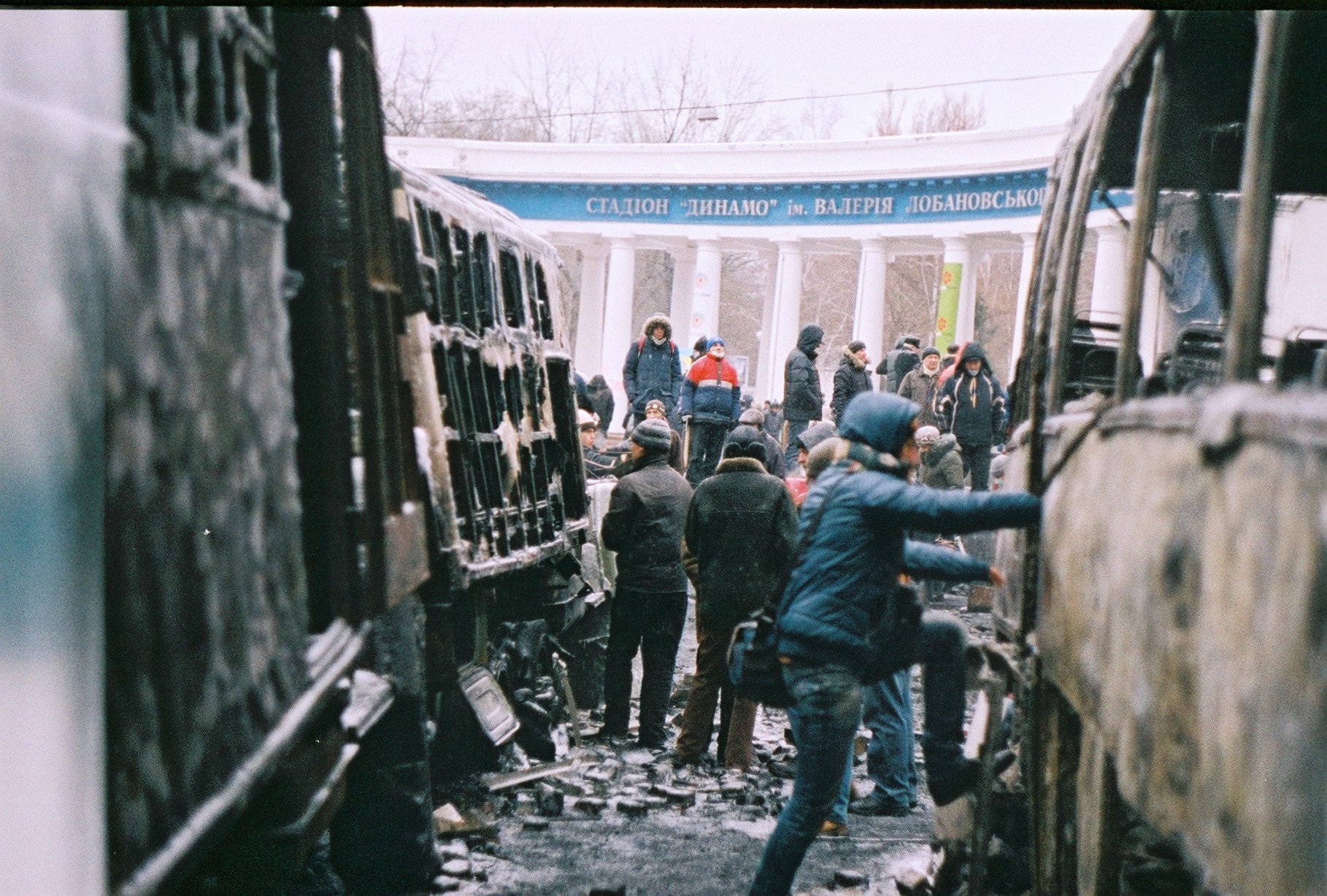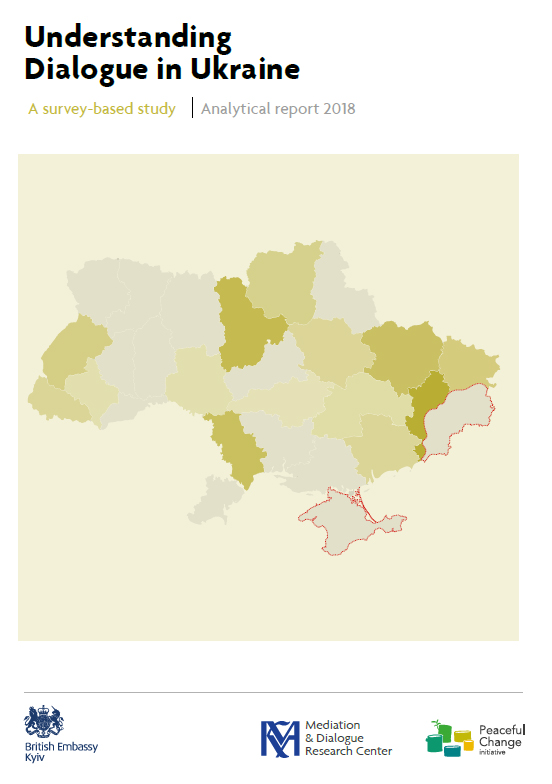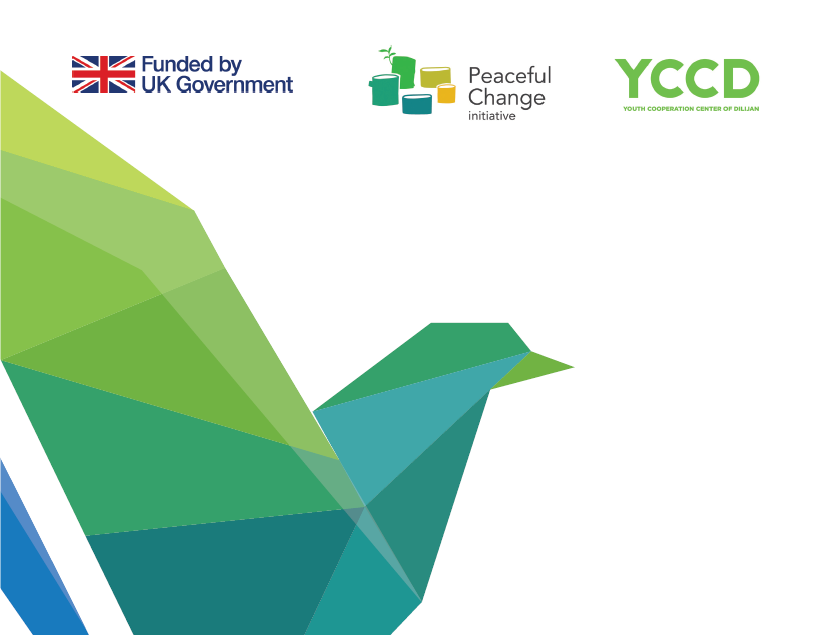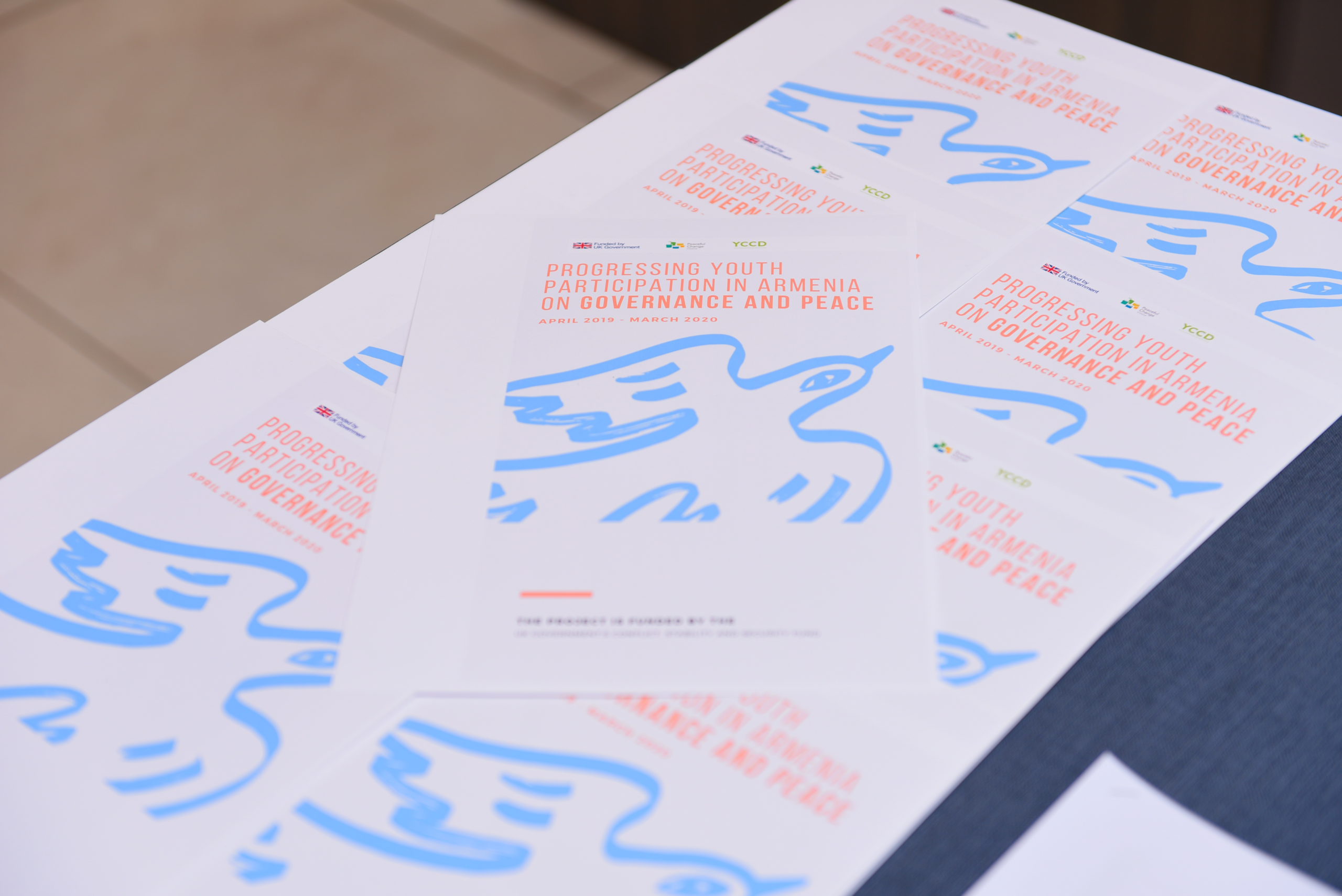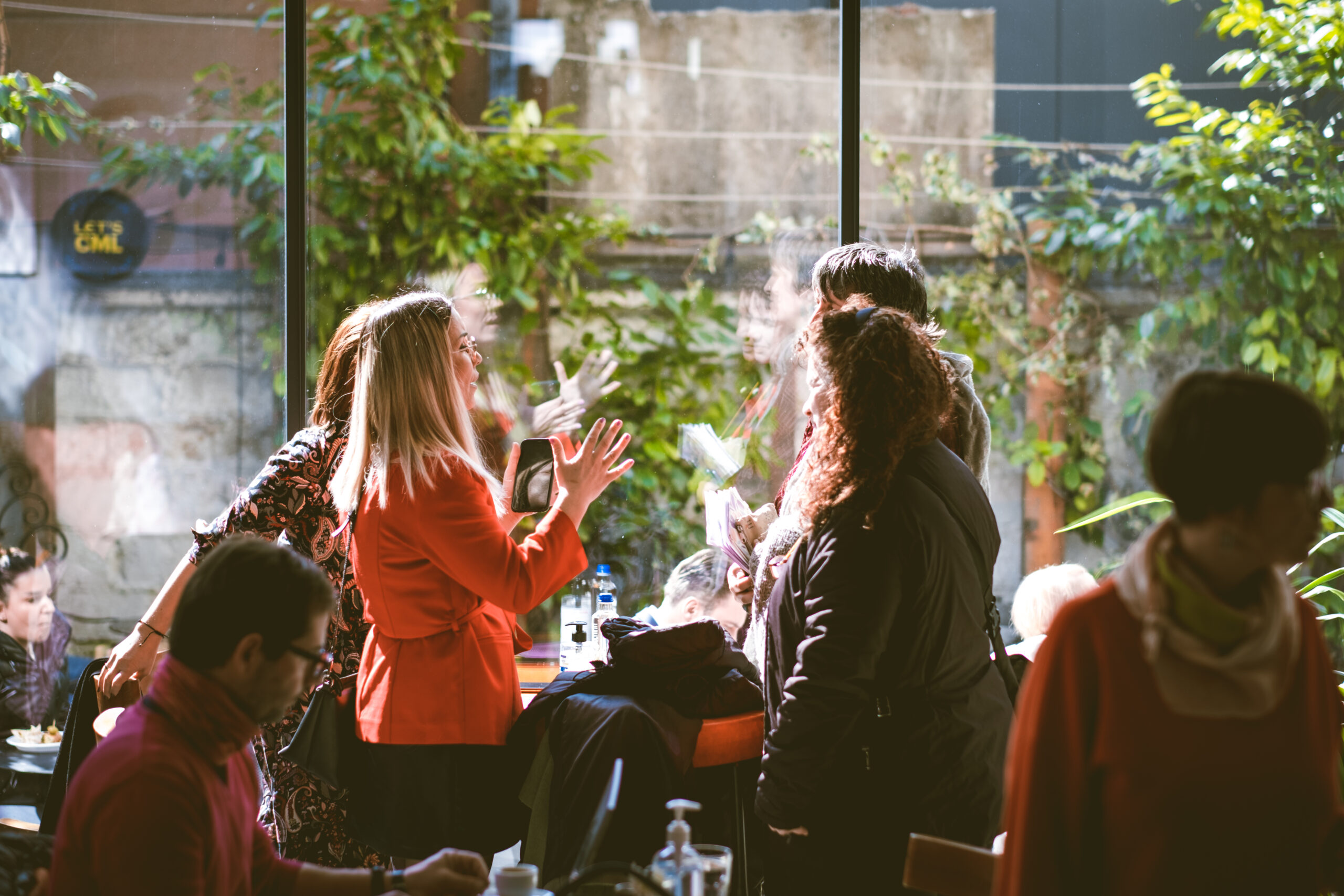
A two year series of Media Consultation Dialogues (MCD) convened by Peaceful Change initiative (PCi) identified several areas of common need in the media spaces of Kosovo and Serbia. Profound and fundamental challenges like the difficult financial environment and lack of resources cannot be addressed overnight. There are, however, steps doable immediately to make existing resources go further and to equip media with the requisite skills for the contemporary media environment.
These include:
- Partnership-driven approaches
- Building trust through self-regulation
- Developing new capabilities
- Speaking with a common voice
A partnership-driven approach
The reality facing media outlets in Kosovo, Serbia, and elsewhere in the Western Balkans necessitates a partnership-driven approach that dilutes some of fundamental challenges they face in terms of limited resources. Cooperation between journalists and media outlets in Kosovo and Serbia is, however, not a common practice. Aside from sporadic contacts (typically at media-focused events), there is no systematic approach to building mutually beneficial and sustained partnerships.
The purpose of such partnerships is threefold, namely to:
- Broaden coverage – more issues covered;
- Deepen coverage – more perspectives and sources incorporated;
- Extending reach – more platforms over a wider geographical and first-language area reproducing the content.
There are various models and strategies for how such partnerships can be pursued. It could involve the exchanges of audio, video or written materials or staff, or it could be the joint production or sharing of content. Whilst there are positive examples of such partnership, they are often ad hoc and dependent upon personal ties between media editors/management. They also tend to focus upon political developments as opposed to human-centred stories.[1]
To illustrate how such partnerships could be structured, consider the following:
- Sharing of content, especially video/audio material and photographs;
- Joint productions, especially for complex multimedia feature stories;
- Information exchanges, especially in crisis situations;
- Joint fact checking of data and stories.
There are several other areas in which such systematic cooperation can be developed, including but not limited to:
- Exchanges and/or hosting of journalists;
- Fellowships – similar to writers in residence programmes;
- Internship and job shadowing programs for journalists;
- Joint efforts to identify ‘fake news” and external influences (Disinformation Alert System).
Building trust through self-regulation
The print (and some online portals) media in Kosovo and Serbia fall under the auspices of the Press Councils, which are self-regulatory bodies working under ethical codes and professional guidelines grounded in EU standards. The Press Councils of Serbia and Kosovo are both incorporated into the European Press Councils’ Associations, but they do not cooperate directly. Given the issues pertaining to hate speech and prejudicial reporting in Kosovo and Serbia, systematic co-operation between the two could have a transformative effect on relations.
Such co-operation could include:
- Periodic meetings to learn about each other’s work and context;
- Provision of materials such as ethnical codes in Serbian and Albanian;
- Exchange of know-how, experiences and resources;
- Establishing a Joint Complaints Committee meetings regarding violation of the codes. It would be hosted by the Serbian Press Council if the violation is in the Serbian media and vice versa;
- Joint reactions and public support, particularly where complaints have been upheld, thereby building trust in the process;
- Joint events for journalists targeting hate speech, disinformation etc..
Developing new capabilities
The media environment is rapidly changing. There are emerging threats, particularly with respect to disinformation, but also novel opportunities. Contemporary journalism arguably requires new skills, particularly those pertaining to OSINT, social media, and data analytics. The possibilities for professional development are, however, limited. Journalists lack the time and resources to build strengthen their capacities, whilst media outlets are limited in their ability to invest in human capital.
To remain relevant in a contemporary age, journalists and media outlets must create user friendly resources – grounded in lived experience – which can help guide their peers in their day-to-day jobs. Such resources would ideally be developed in conjunction with the respective journalistic associations and academic institutions.
There are also generational gaps which need to be bridged. Whilst older generations of journalists were trained in a different context, where there was arguably a greater awareness of and familiarity with questions of ethno-national diversity, younger generations of journalists have grown up in a somewhat different context. This latter group, however, is more attune with other forms of diversity and new trends in the media. By providing opportunities for networking and other forms of collaboration, journalists from various backgrounds can enhance their understanding of and enjoy greater access to a particular community.
Speaking with a common voice
Almost every single professional media in both Serbia and Kosovo is struggling to survive. Due to shrinking sums and changing donor priorities, many professional media are registered as Civil Society Organisations to improve their eligibility. Other professional media have opened their own NGOs which can apply for funding. Calls for proposals tend to be extremely complicated, often to the extent that small media lack the capacity to apply or fulfil the requirements.
Raising awareness within the donor community about such issues will require that media in Kosovo, Serbia and the Western Balkans engage in joint advocacy. By speaking with a common voice, media outlets can send a powerful and constructive message about their specific needs. Such advocacy would also focus on the means of dispersal, including how to get beyond the classic intermediary model that means that much funding doesn’t go directly to the beneficiaries.
Such joint advocacy would also reinforce the importance of media freedom conditionality on the road to EU accession. It would focus upon questions of financial and ownership transparency within the media scenes of Kosovo and Serbia, whilst underscoring the importance of the safety of journalists and their ability to operate in a context free from political interference. Furthermore, it would underscore the vital role the media plays in underpinning democracy and the rule of law. By drawing attention to specific issues, a free media is an essential part of accountability and transparency, whilst relaying the concerns and needs of citizens.
Clarification
All the ideas contained within this paper were generated during the Media Consultation Dialogues conducted by PCi, plus subsequent consultations with particular participants. The purpose of this paper is to stimulate further discussion about the approaches contained within, with PCi on hand to facilitate the development of specific proposals.
For further enquiries, please contact anthony.foreman@peacefulchange.org
[1] In every one of the eight MCDs, the lack of such stories has popped up as something sorely missing from the media in both Kosovo and Serbia. Based on ideas launched in the MCDs, PCi introduced a special award for such media content and gave an annual award for two consecutive years.

